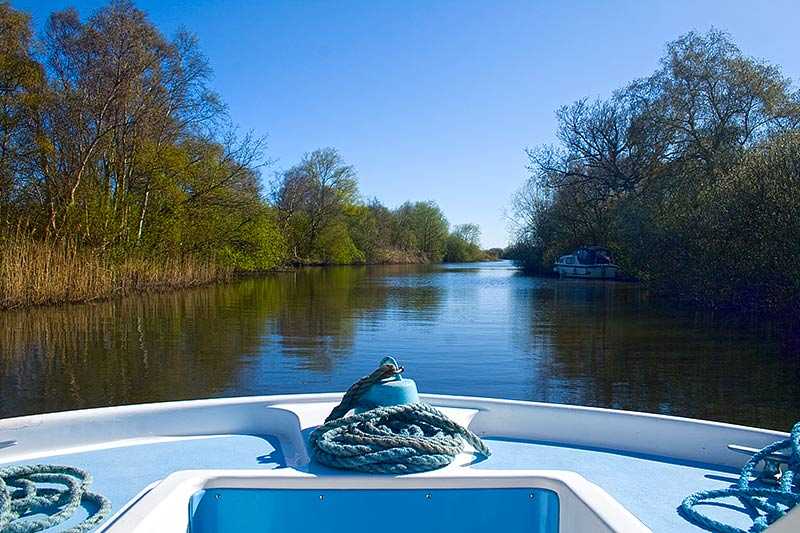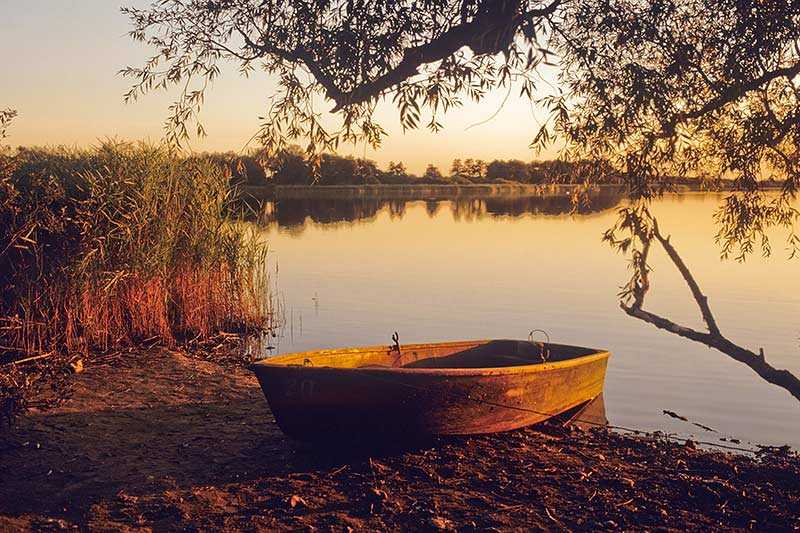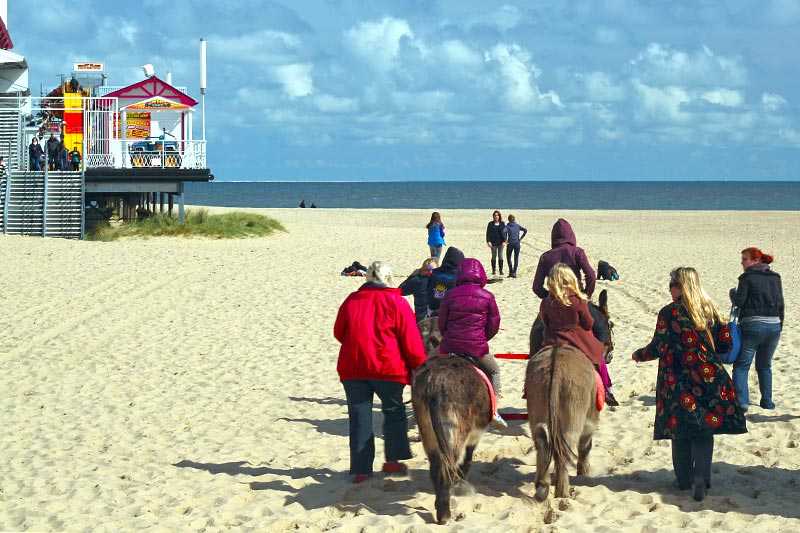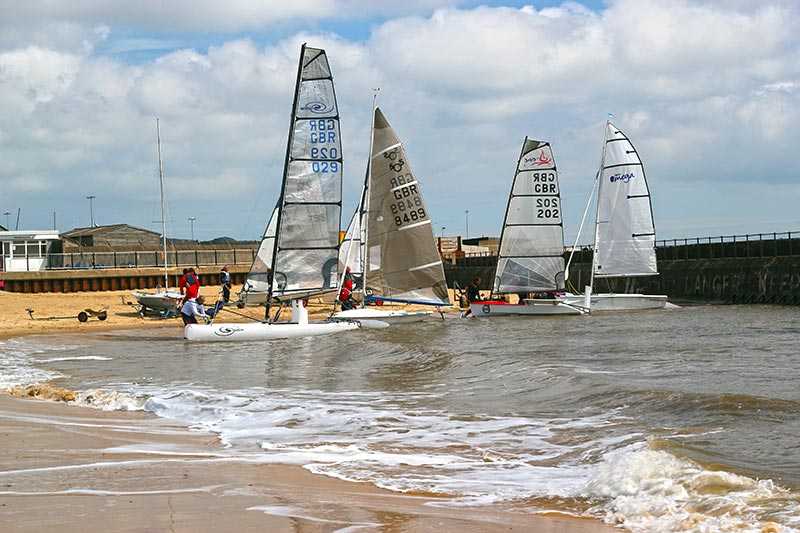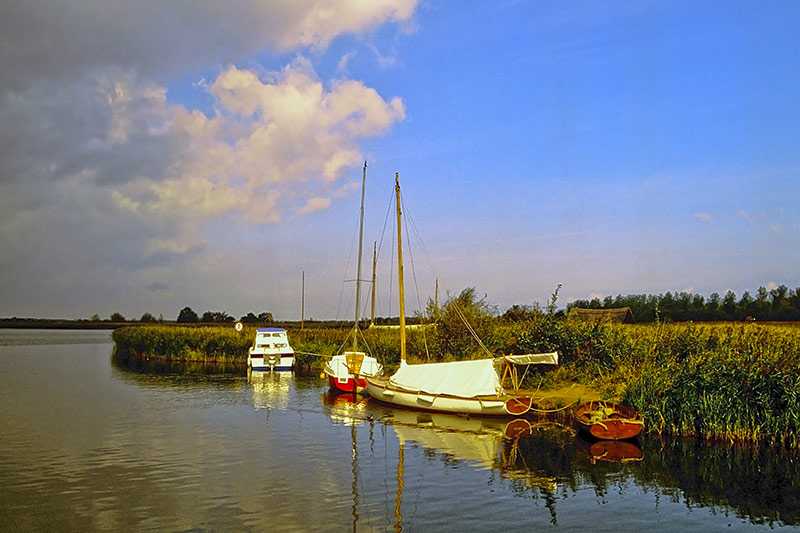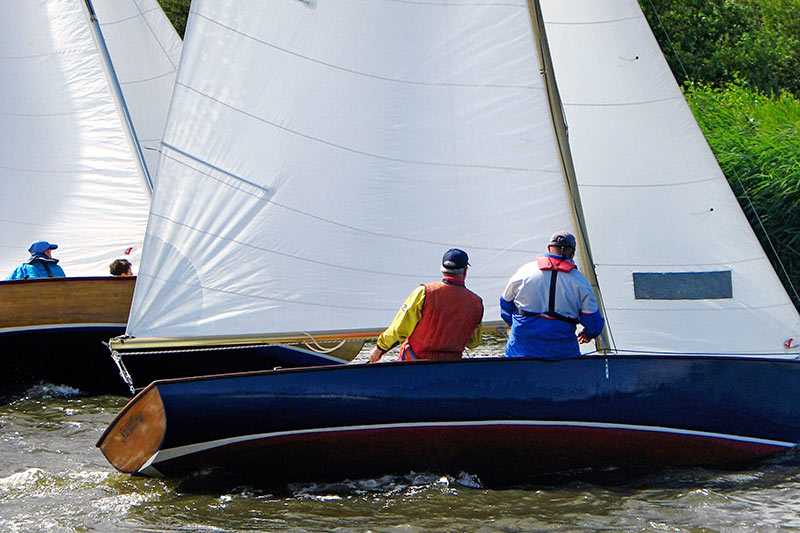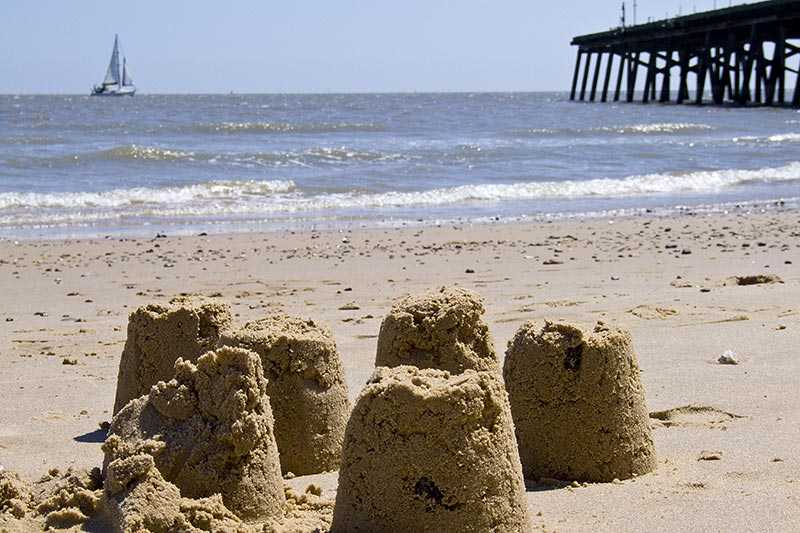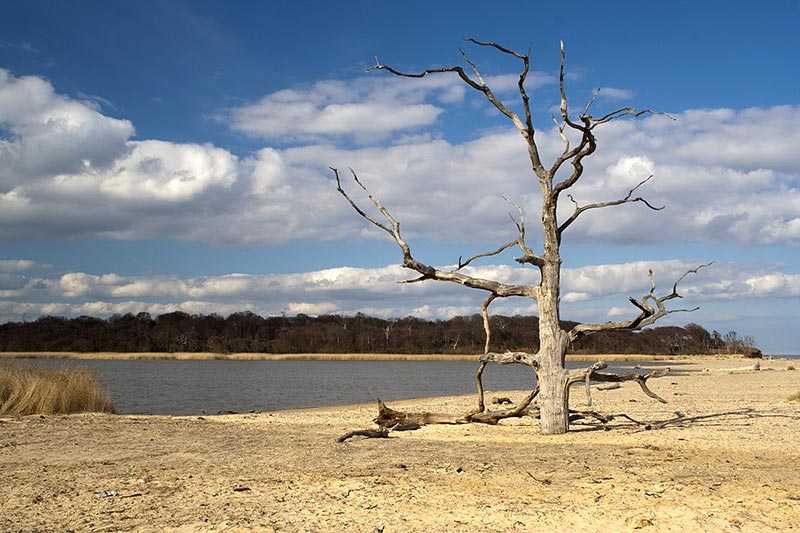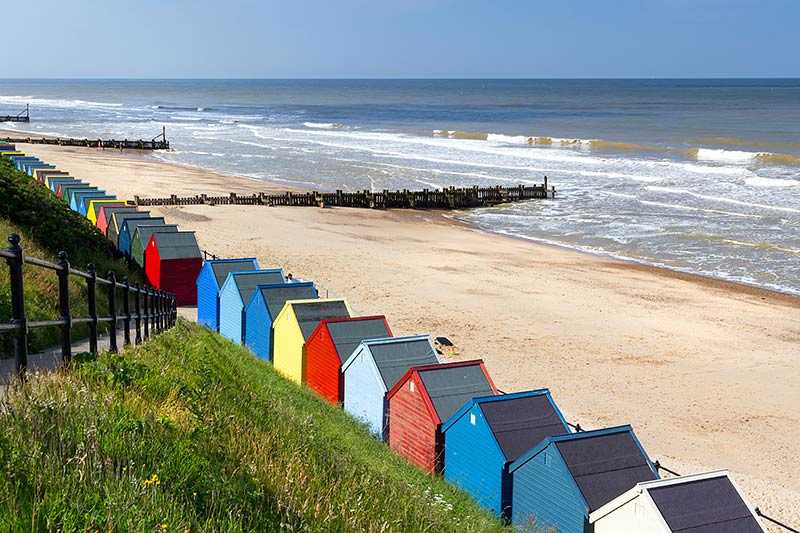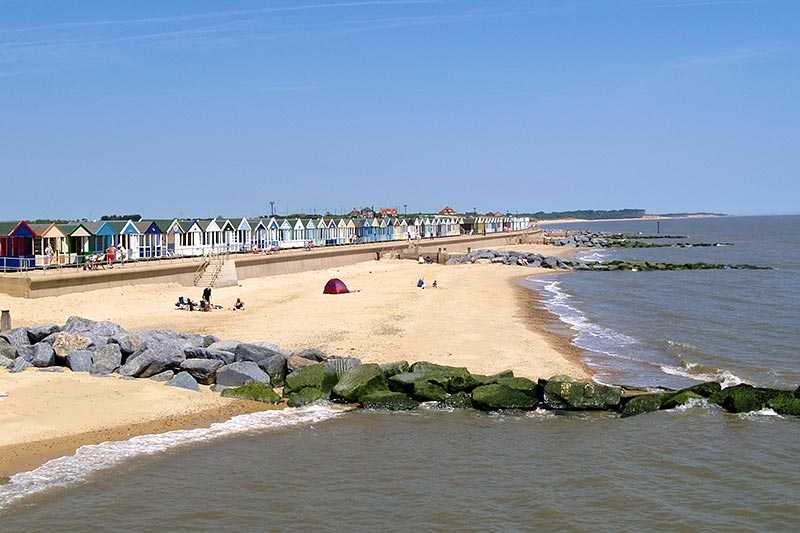The Broads National Park
About The Broads National Park
The Broads are Britain’s largest area of protected wetland. They are an inland network of rivers and lakes spanning 303 km² (117 sq mi) in the English co...
About The Broads National Park
The Broads are Britain’s largest area of protected wetland. They are an inland network of rivers and lakes spanning 303 km² (117 sq mi) in the English counties of Norfolk and Suffolk. Designated under the Broads Act 1988, the area has status equivalent to a National Park, and is generally known as the Norfolk Broads.
Flora and Fauna
...
Things to do near The Broads National Park
Attractions near The Broads National Park
Activities
About The Broads National Park
About The Broads National Park
The Broads are Britain’s largest area of protected wetland. They are an inland network of rivers and lakes spanning 303 km² (117 sq mi) in the English counties of Norfolk and Suffolk. Designated under the Broads Act 1988, the area has status equivalent to a National Park, and is generally known as the Norfolk Broads.
Flora and Fauna
The wild landscape of the Broads includes 200 km (120 mi) of navigable waterways, fens, woodlands and marshes. It is an area of diverse wildlife and some of the remarkable animals that call this land home include otters, greylag goose, kingfishers, cormorants, sparrow hawks and bitterns. Rare insects found in the Broads include the Norfolk hawker dragonfly and the Old World Swallowtail butterfly. The fens surrounding the Broads provide Norfolk reed, a traditional material used for thatching houses.
History
For a long time, the Broads were believed to be natural formations, but it was recently discovered that they were in fact manmade. During the Medieval period the area was excavated for peat, a natural fuel. As sea levels rose, the peat pits flooded, creating the lakes and rivers of the Broads today.
The Broads are a lightly populated area and agriculture remains a significant part of the landscape and economy. The wetlands and marshes provided opportunities for a number of specialist trades and skills that are still practiced today: traditional tradesmen include boat builders, thatchers, eel-catchers and marshmen.
Activities
The Broads have been travelled by boat since the 14th century when ships transported fuel, building materials and livestock through the waterways. In the late 19th century the area became a popular boating holiday destination and remains so until this day, with water travel being the greatest way to enjoy the unique scenery. The area also attracts visitors for fishing, bird watching and walking.
